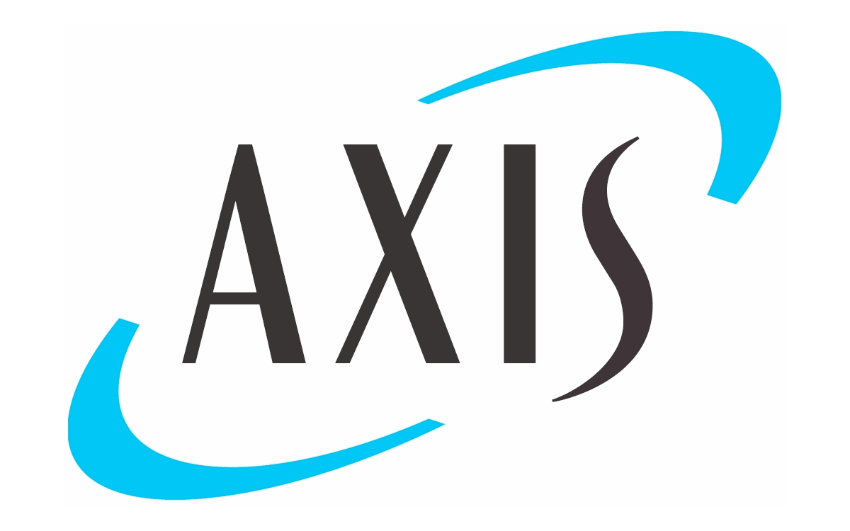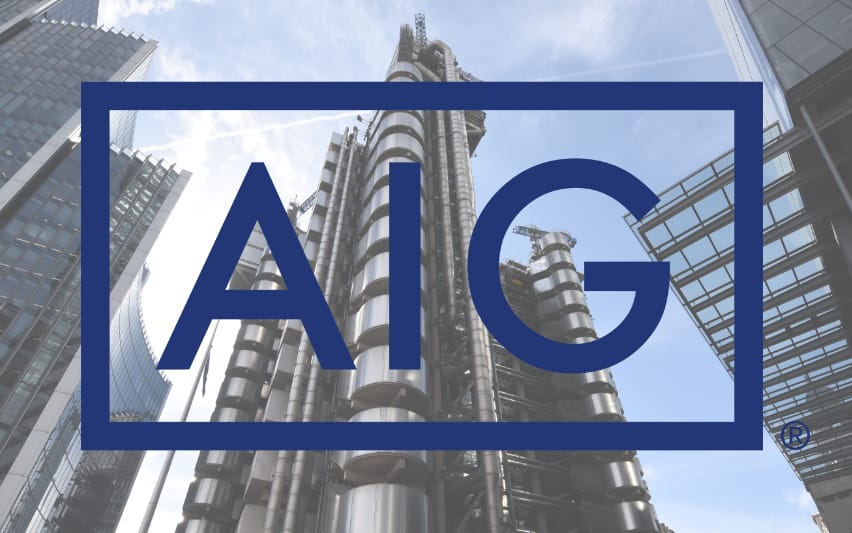HM Treasury has launched its hotly anticipated consultation on the future regulatory regime for cryptoassets. Its proposals would bring the UK closer to the EU’s MiCA legislation by regulating a wide range of cryptoassets and related activities. Many industry players (including those outside the UK) would need to apply for authorisation for the first time, even if they are already registered with the FCA. Likewise, firms that are already authorised may need to apply for new permissions. The proposed market abuse regime will also have significant consequences for market participants, including individuals. The consultation is open for comment until 30 April 2023.
The UK’s “phased approach”
HM Treasury has launched its long awaited consultation on how it should regulate cryptoassets in financial services. The consultation, which HM Treasury has dubbed “phase 2” of its plans to regulate the sector, follows earlier proposals to regulate fiat-backed stablecoins and “digital settlement assets” as part of the Financial Services and Markets Bill, as well as separate plans to regulate financial promotions of certain cryptoassets. It also runs parallel with other related initiatives, such as the UK FMI Sandbox which is expected to be launched this year.
Scope
The Financial Services and Markets Bill clarifies that HM Treasury can bring cryptoasset-related activities within the scope of regulation. The Bill seeks to future-proof the concept of “cryptoasset” by defining it widely (without reference to distributed ledger technology) and empowering HM Treasury to amend the definition via regulations. This does not mean that all future regulation will apply to all “cryptoassets” as defined in the Bill; specific rules may apply only to a subset of these cryptoassets.
The main substance of the consultation focuses on the activities which would be caught by the future regime rather than the types of cryptoasset which would fall in its scope. The design principle is “same risk, same regulatory outcome”, meaning that the starting point is for crypto services to be regulated in the same way as other financial services to the extent that similar risks apply.
Importantly, the plan does not envisage making cryptoassets “financial instruments”. Instead, HM Treasury will specify new regulated activities in relation to cryptoassets and any person carrying on that activity by way of business in or to the UK will need to seek a regulatory licence, unless an exemption applies, and comply with relevant rules. HM Treasury may also use the incoming designated activities regime to regulate certain cryptoasset activities.
Crypto activities to be regulated
HM Treasury proposes a broad range of new specified activities in relation to cryptoassets, which largely mirror existing regulated activities. These include:
- admitting a cryptoasset to a cryptoasset trading venue
- making a public offer of a cryptoasset
- operating a cryptoasset trading venue
- dealing in cryptoassets as principal or agent
- arranging (bringing about) deals in cryptoassets
- making arrangements with a view to transactions in cryptoassets
- operating a cryptoasset lending platform
- safeguarding or safeguarding and administering (or arranging the same) a cryptoasset other than a fiat-backed stablecoin and/or means of access to the cryptoasset (custody)
Authorised persons carrying on one or more of these activities will be subject to various requirements under the existing regulatory regime, including rules on systems and controls, conduct of business, client money handling, and capital requirements. The detail of these rules will be set by the FCA. Firms will also be required to pay regulatory fees and levies to the FCA.
Once the new licensing regime comes into force, crypto firms will no longer need to be separately registered with the FCA under the Money Laundering Regulations.
New obligations for crypto firms
In addition to becoming subject to the general FCA rulebook, each of these activities will carry their own new obligations that are broadly analogous with the regulatory regime in traditional finance.
For example, the new activities of “admitting a cryptoasset to a cryptoasset trading venue” and “making a public offer of a cryptoasset” will carry prospectus and disclosure obligations on either the issuer or the exchange. The detail of these requirements will be determined in part by the outcome of the Treasury’s Prospectus Regime Review.
Likewise, the UK market abuse framework will be extended to exchange-traded cryptoassets. However, HM Treasury acknowledges that the enforcement of this regime is unlikely to be as effective as the framework for traditional securities.
Other crypto activities
This consultation marks another step towards the UK regulating cryptoassets but more is still to come. For example, several activities are either ruled out from the perimeter or left for future phases, including:
- post-trade exchange activities (e.g. continuing obligations for issuers or exchanges)
- advising on cryptoassets
- managing cryptoassets
- mining or validating transactions
- using cryptoassets to run a validator node infrastructure on a proof-of-stake network (layer 1 staking)
HM Treasury envisages regulation in some of these areas but seeks views on how best to proceed.
Extraterritorial effect
As with other international cryptoasset regulatory frameworks, HM Treasury proposes to apply its rules in relation to any cryptoasset activities provided “in or to” the UK. This would capture activities provided by UK firms to persons in the UK or overseas as well as activities provided by overseas firms to persons in the UK.
HM Treasury indicates that it will consider various exemptions in line with existing financial services regulation, such as “reverse solicitation”. One question for many overseas firms will be whether they need to have a physical presence in the UK to access the UK market. HM Treasury leaves this to the FCA to decide at a future date.
What happens next
The consultation closes on 30 April 2023. Any changes to the regulatory framework would need to follow the enactment of the Financial Services and Markets Bill.
As noted, this consultation is one part of the continuing phasing-in of crypto regulation and there will be more policy proposals to follow both from HM Treasury and the FCA. For example, the consultation includes an open call for evidence on decentralised finance, on other cryptoasset activities and on the sustainability implications of cryptoassets including how regulation might interact with the Task Force on Climate-Related Financial Disclosures (TCFD) and UK sustainability disclosure requirements (SDR).
The consultation is a welcome step toward more legal certainty for the crypto sector but only in later parts of this phase, and future phases of this work, will it become clear how tailored the UK’s approach will be to address the unique features of these markets.






































